"Should JRPGs be considered a distinct genre?": Lunar icon Kei Shigema reflects on the genre with new remasters on the way and how RPGs have changed 33 years later
Interview | "The time I spent working on this game was the happiest and most fulfilling period of my life"
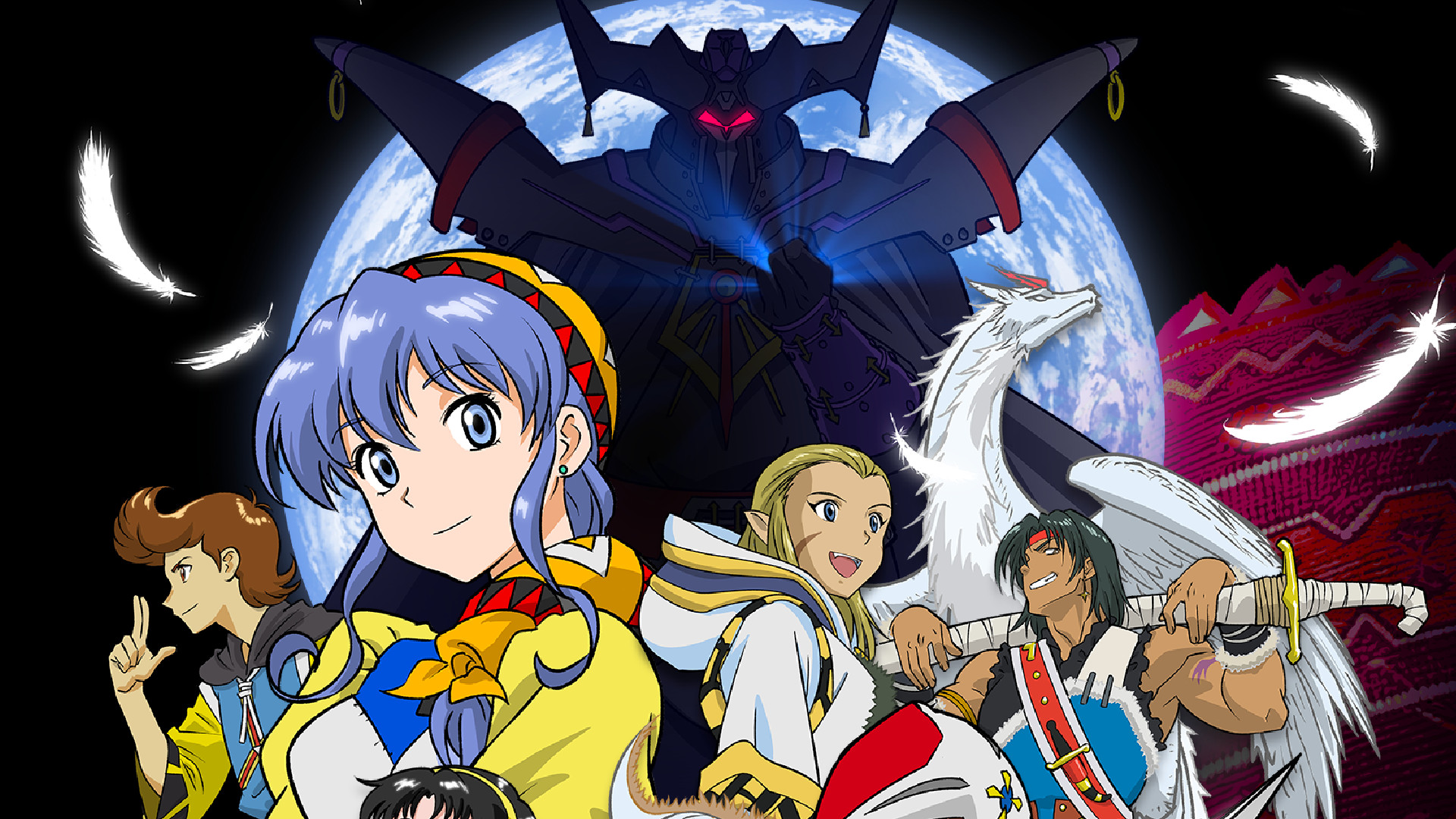
Lunar Remastered Collection lands in April, finally releasing two beloved JRPGs from the jail of the retro hardware they've been trapped on for decades. It's never been entirely clear why Lunar took this long to make a proper comeback – maybe the controversial localization of the original games has something to do with it – but veteran fans and the longtime curious both have reason to be excited.
But it seems nobody is more excited for this release than novelist and game writer Kei Shigema, who led the story for both Lunar: Silver Star Story and Lunar 2: Eternal Blue, even if he does have some concerns about whether players will still enjoy a game from 30 years ago. (Given the vibrant retro gaming scene and speed at which old games continue to get remastered, I'd say he's got nothing to fear.)
Shigema worked as a consultant for Lunar Remastered Collection, and speaking to GamesRadar+ via email, he spoke on its importance in making the original games available to a new audience, as well as how the development of JRPGs has changed – or, in some cases, remained the same – all these years later.
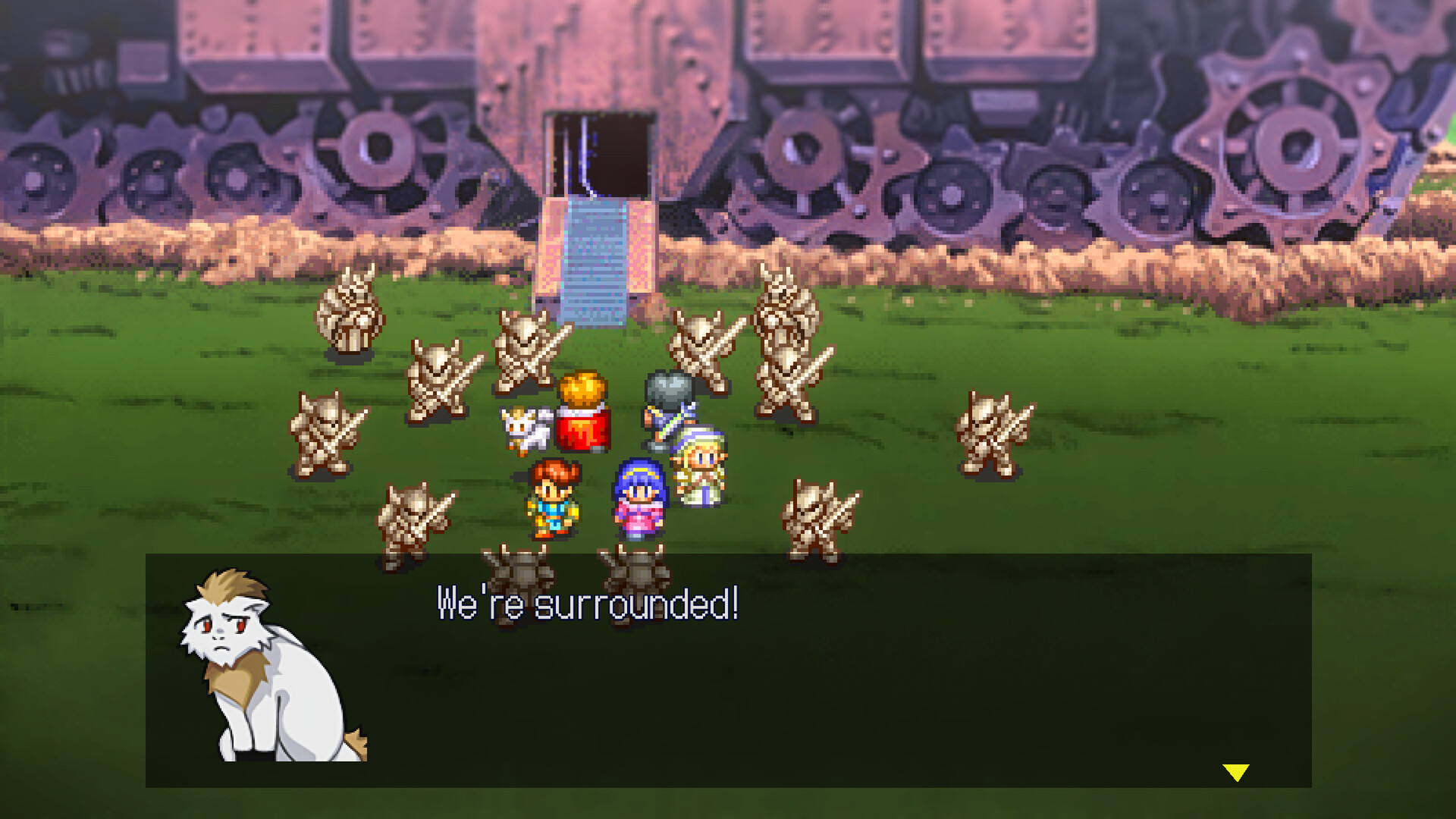
GamesRadar+: How does it feel to see one of your formative games remastered some three decades later? What was your reaction when you first learned of this rerelease?
Kei Shigema: When I saw Grandia being remastered first, I thought, "That’s so nice. I’m jealous!" I had been hoping for a Lunar remaster as well, so I was thrilled when it was announced. At the same time, I can’t help but wonder—will today’s players still enjoy a game from 30 years ago?
Video game remasters and remakes present a rare opportunity in art to retell a story with modern technology, and in a uniquely interactive way where players can feel a difference. What would you say is, or should be, the purpose or value of rereleasing video games, and what are your hopes for the Lunar Remastered Collection?
Movies, novels, and manga can be enjoyed in their original form, but games require the hardware they were originally released on, making them far less accessible. While watching old playthrough videos can give you a general idea of what a game is like, as the question suggests, games are ultimately media that must be "experienced."
Sign up to the GamesRadar+ Newsletter
Weekly digests, tales from the communities you love, and more
Nothing compares to picking up a controller and playing for yourself. That’s why this remaster is so exciting – it brings that experience back for a new generation. I hope that after playing Lunar, players will look up at the moon and think, "Ah... so that’s where my adventure took place."
In your view, how have JRPGs changed since Lunar was first released, and what would you say are the defining characteristics or features of the Lunar series that still stand out today?
I often work on new RPG productions, but the scale of development costs today is almost unbelievably different from when the original Lunar games were made. Many limitations that once existed due to hardware and technical constraints are now gone.
Advancements like CGI technology have made it possible to create stunning visuals and cinematic, lifelike portrayals, meaning that games can now express things in ways that were impossible in the past.
Yet, despite all these advancements, one thing remains unchanged – the importance of story and characters.
Back when the scenario team was coming up with ideas for Lunar, we settled on the principle that not only the main characters but also every NPC living in every village and town would have their own unique personality and dialogue.
We believed that worlds are made up of the small details, and I still believe that holds true today.
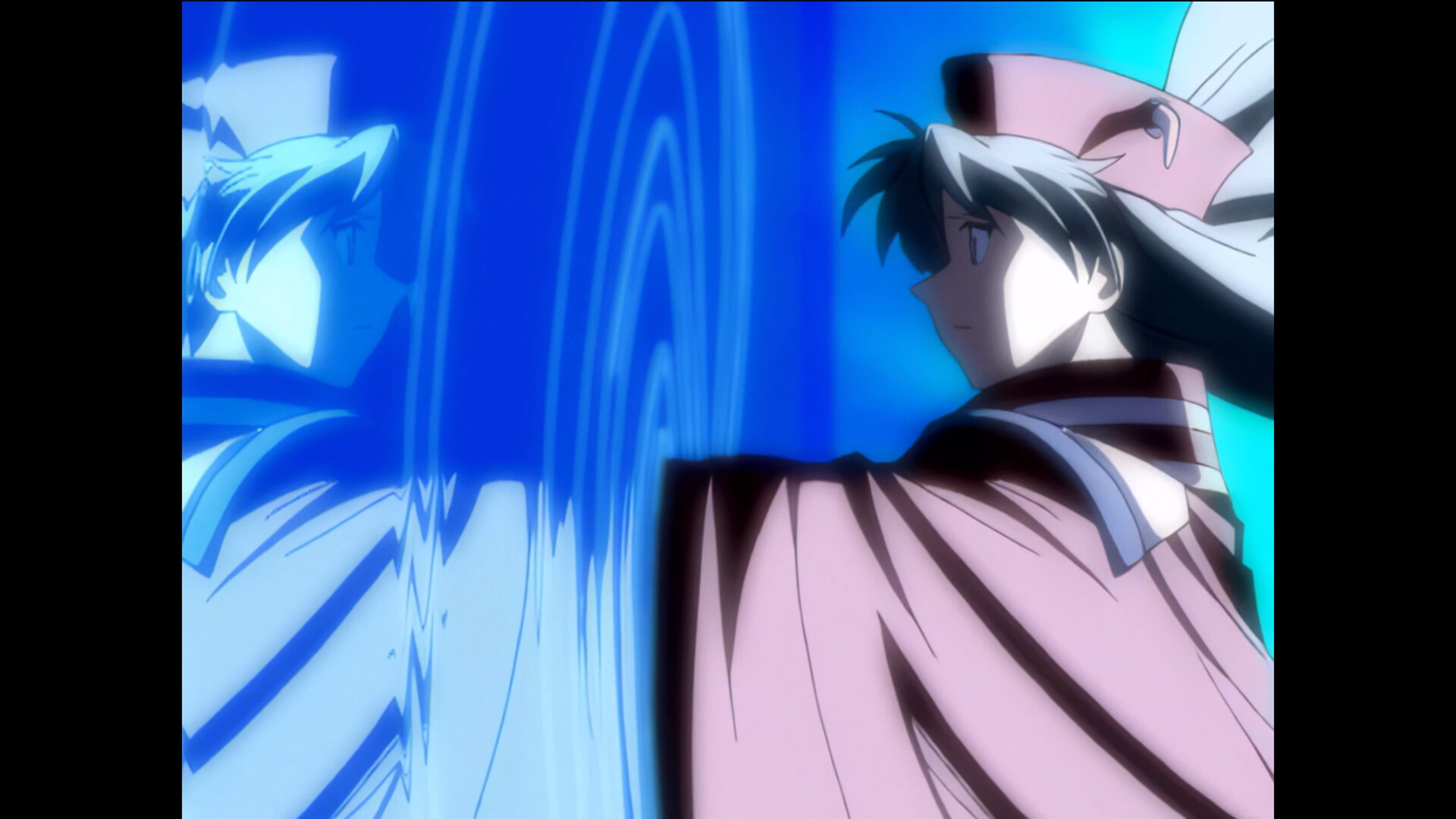
What are your thoughts on the use of JRPG as a shorthand description for Japanese RPGs, and for Lunar specifically? The term has gotten mixed responses, with some calling it flattering and others feeling that it could be dismissive. I'd love to hear your opinion.
I personally thought, "If an RPG is made in Japan, then of course it’s a JRPG." But should JRPGs be considered a distinct genre? And does the "JRPG" label influence how people perceive or rate a game?
It’s true that many JRPGs follow certain trends inspired by manga and anime, but personally, I don’t think too much about the categorization.
With the benefit of hindsight, what would you say was your greatest accomplishment or success with Lunar? Is there a standout element or decision you're most proud of?
One of the biggest advantages was having top industry professionals join the team.
Coming from the animation company Gainax, I was fortunate to have a connection that led to Toshiyuki Kubooka handling character design and animation, which was a major plus for the project. We also had the opportunity to work with highly skilled technicians from Game Arts, as well as former Gainax and Gonzo animators, which was another huge advantage. The same can also said for the music, where we were incredibly lucky to have Noriyuki Iwadare compose the soundtrack. Looking back now, even the Japanese voice cast has become a star-studded lineup.
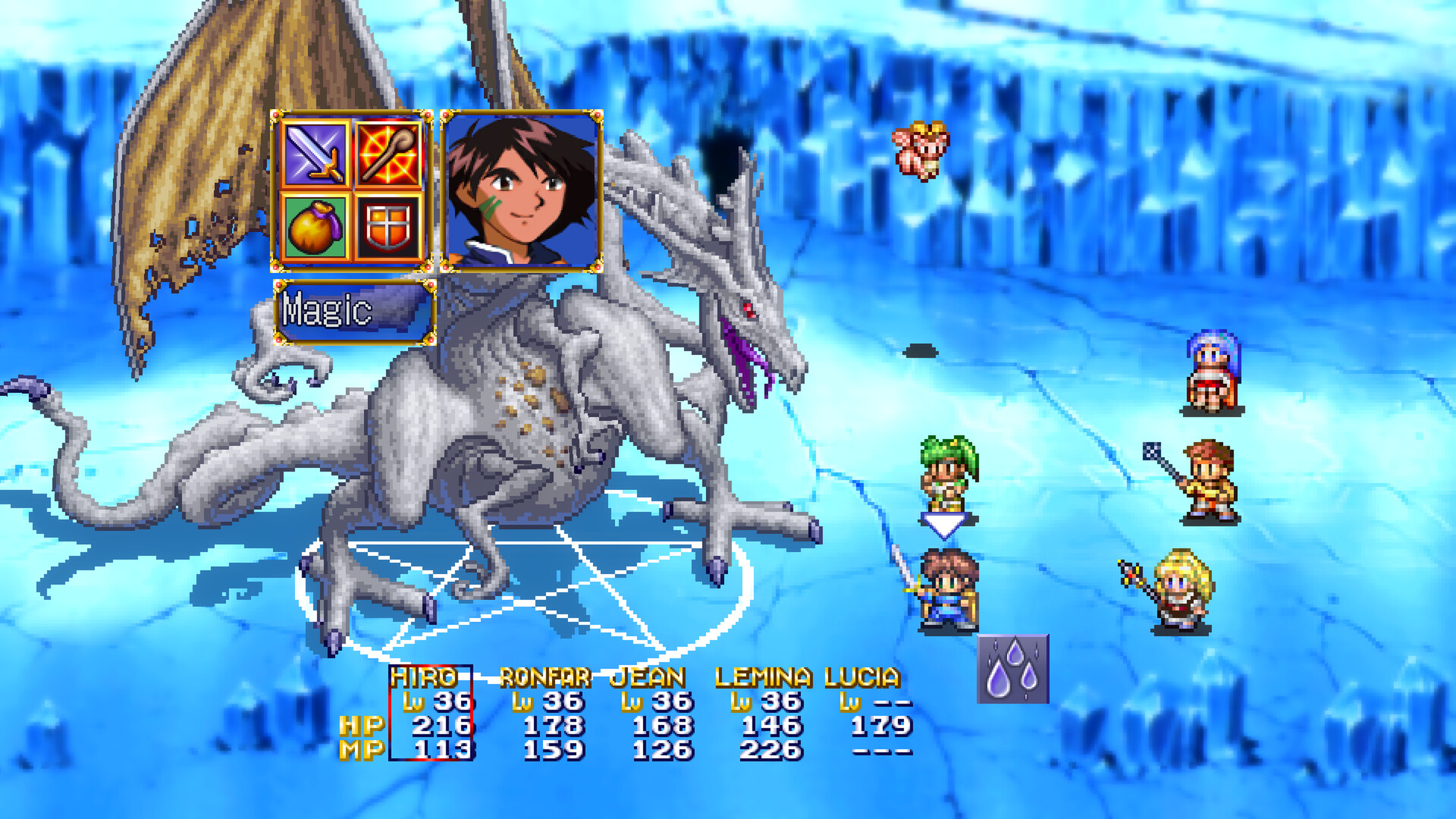
Lunar: Silver Star Story has been remade multiple times over the years. What do you think has given the original story that kind of staying power, and what makes your original version distinct from those later iterations?
I wrote an essay about the scenario writing process for the Japanese web media BEEP21.
The essay describes in detail my experience working on Lunar: The Silver Star, the Mega CD game that launched the series, as well as my personal reflections from that period. I had never worked in game development before, so just keeping up with development required everything I had. My lack of experience meant I had nowhere else to draw from outside of my own creative instincts and storytelling roots. In hindsight, I think this helped me craft something with a simple yet charming appeal rather than a complex, extravagant narrative. Still, I wonder how overseas audiences perceive it.
In the remakes, I focused more on the heroines! I wanted to better portray Luna and make players like her more. I refined the story and characters a lot for that reason.
How does developing the story from a video game diverge from your background in traditional novels and screenwriting?
The biggest difference with games as a storytelling medium is that they are meant to be experienced. When writing for games, we must always consider that it’s the player who moves the story forward. Additionally, characters are not only shaped by the narrative but by the gameplay itself.
For example, let’s say we’re creating a story about a cowardly frog who learns to be brave. In a book or film, we would rely on literary techniques to show how the frog encounters and overcomes obstacles. But in a game, we can design interactive challenges – like having the player attempt the same task multiple times or adjusting the difficulty – to make them feel the frog’s journey firsthand.
One thing I often tell my script team is: When it comes to portraying a character in the most compelling way, their best moments should be entrusted to the game, not the writing. Because at the end of the day, it’s a game.
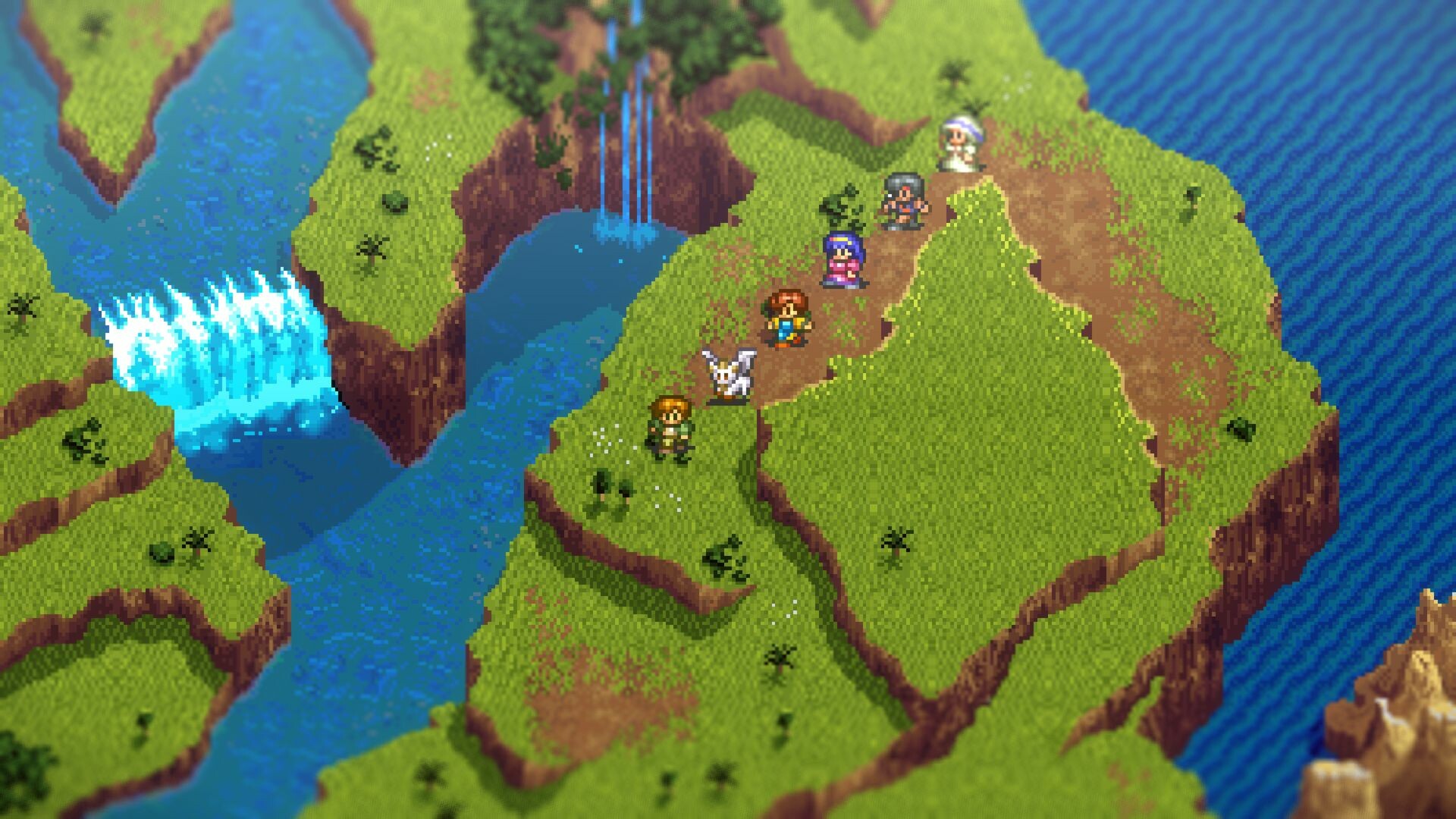
What sorts of changes did you need to make to the scenario for both Lunar games over the course of development? Were there instances where the story needed to change to suit the needs of the game, or vice-versa?
For Lunar: The Silver Star and Lunar: Eternal Blue, we didn’t make any changes to the story or characters due to development constraints. In fact, most of our adjustments were focused on refining the game system to better express the characters.
For example, in Lunar: Eternal Blue, we decided to make Lucia an AI-controlled character rather than a playable one to better reflect her role in the story.
Oh, but now that I think about it, there was one instance where we had to shorten the script because we were running out of time. Some episodes had to be cut to meet the deadline. However, I actually think this ended up improving the pacing by making the story progression feel tighter and more dynamic.
What is your most memorable experience from working on Lunar?
The time I spent working on this game was the happiest and most fulfilling period of my life, making it difficult to choose just one standout moment from so many incredible experiences and fond memories.
One of the biggest lessons I learned was that games cannot be made by one person. It takes a team of talented developers coming together to create something far greater than what any individual could achieve alone.
Inspired by this experience, I went on to found the game scenario company "Gekko Inc.," where I have been involved in scenario creation for over 27 years.
Don't miss any of the best JRPGs out there.

Dustin Bailey joined the GamesRadar team as a Staff Writer in May 2022, and is currently based in Missouri. He's been covering games (with occasional dalliances in the worlds of anime and pro wrestling) since 2015, first as a freelancer, then as a news writer at PCGamesN for nearly five years. His love for games was sparked somewhere between Metal Gear Solid 2 and Knights of the Old Republic, and these days you can usually find him splitting his entertainment time between retro gaming, the latest big action-adventure title, or a long haul in American Truck Simulator.
- Austin WoodSenior writer
You must confirm your public display name before commenting
Please logout and then login again, you will then be prompted to enter your display name.


